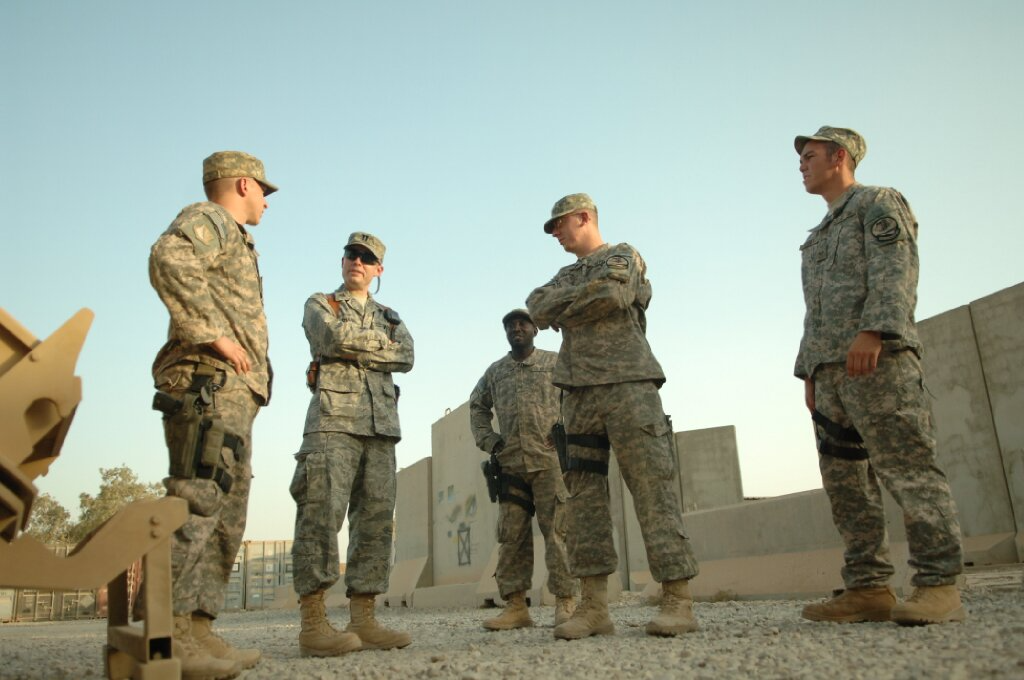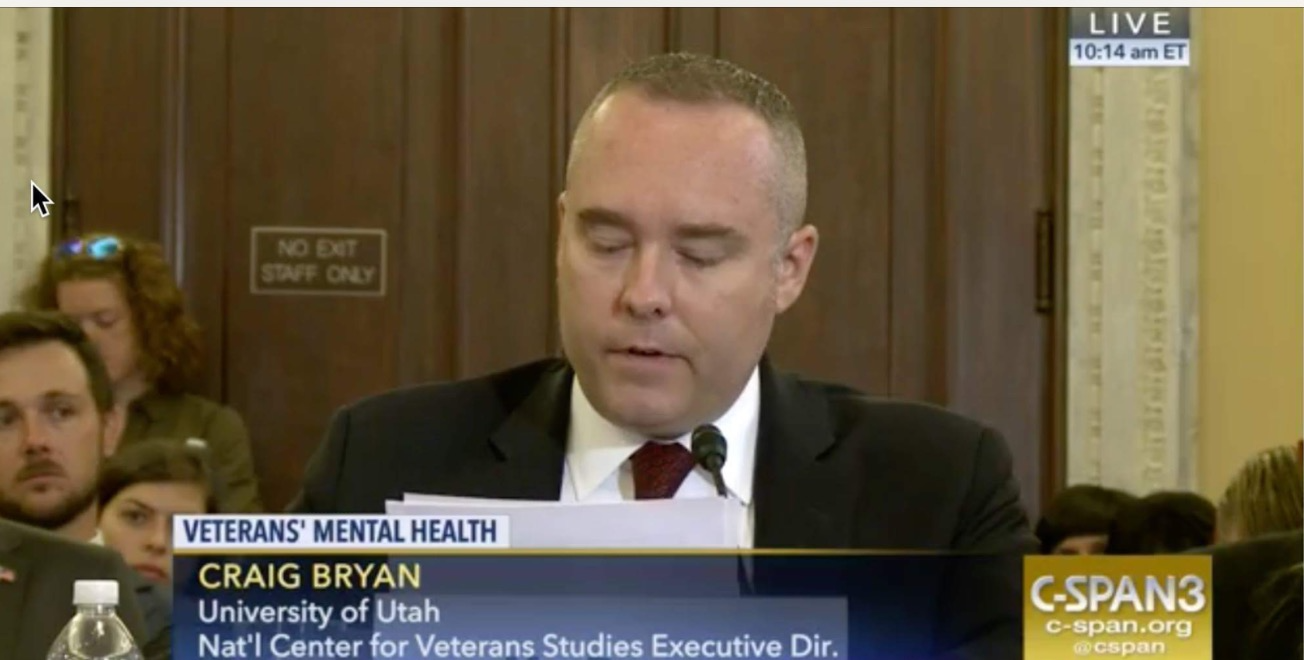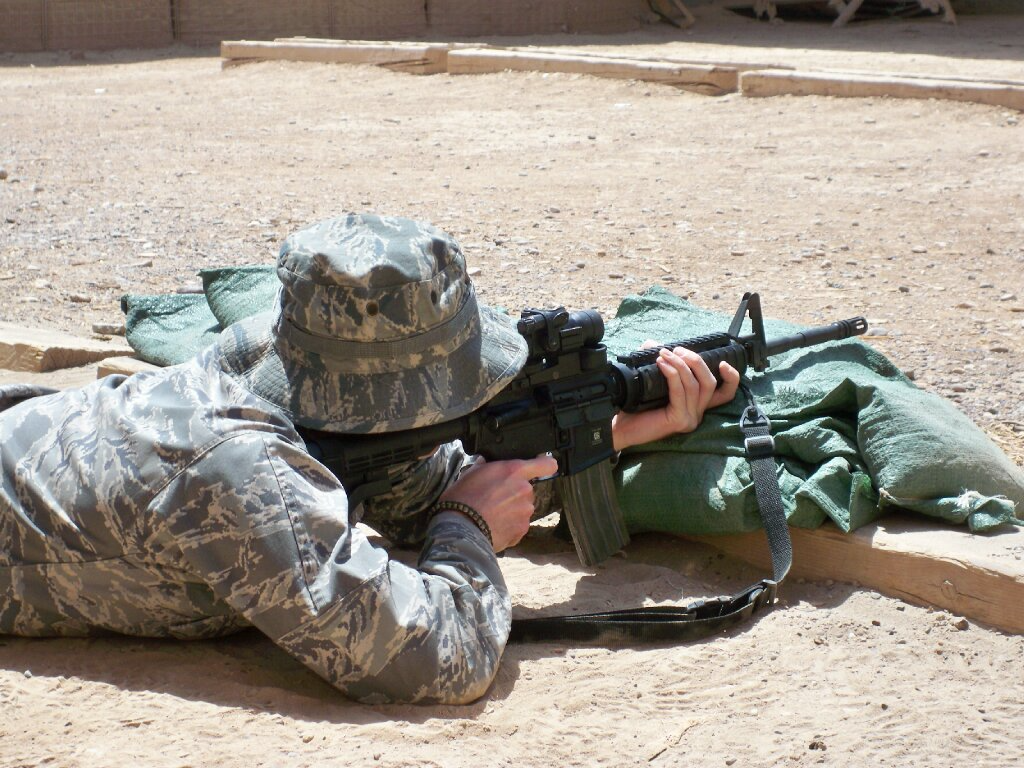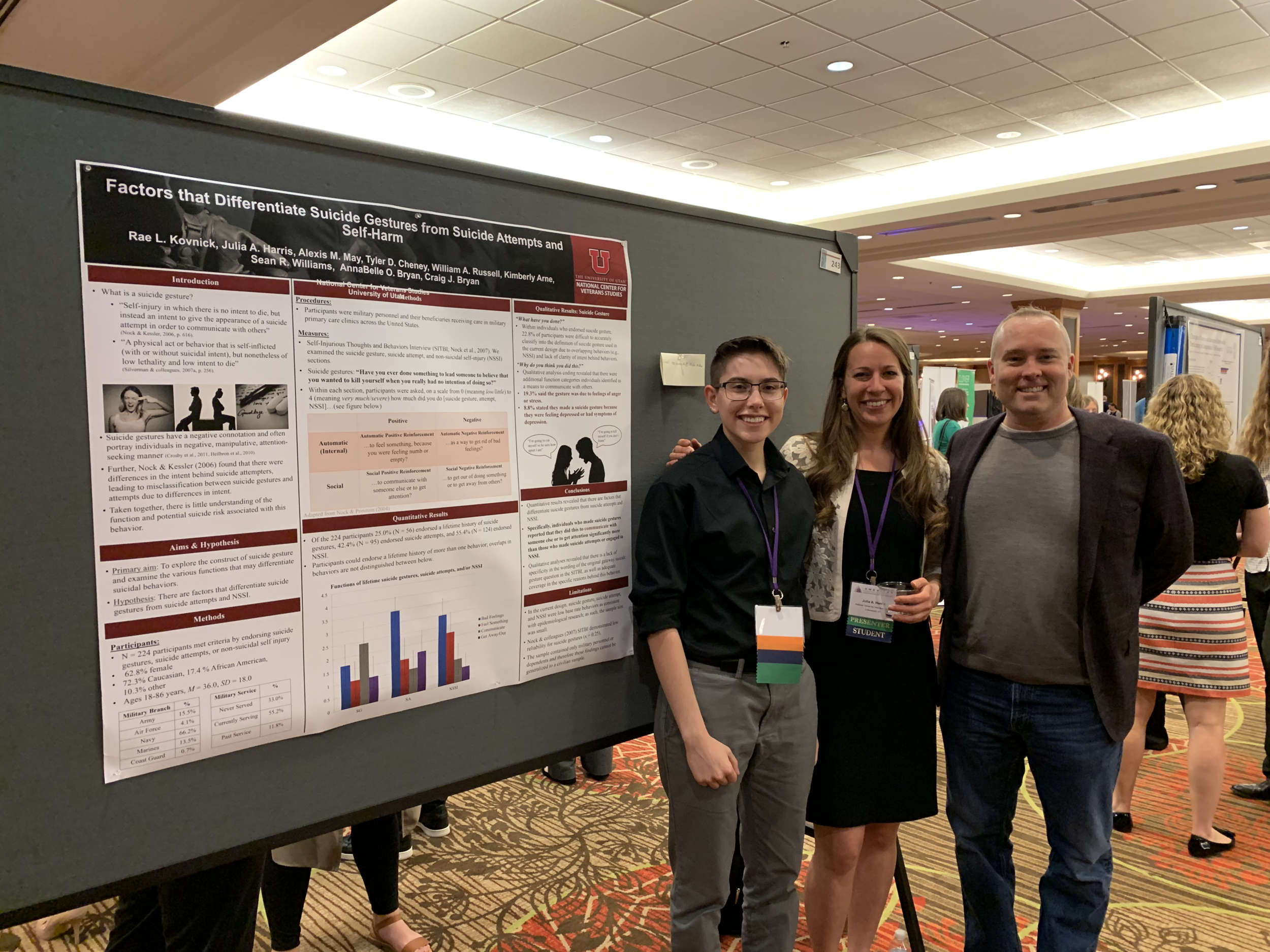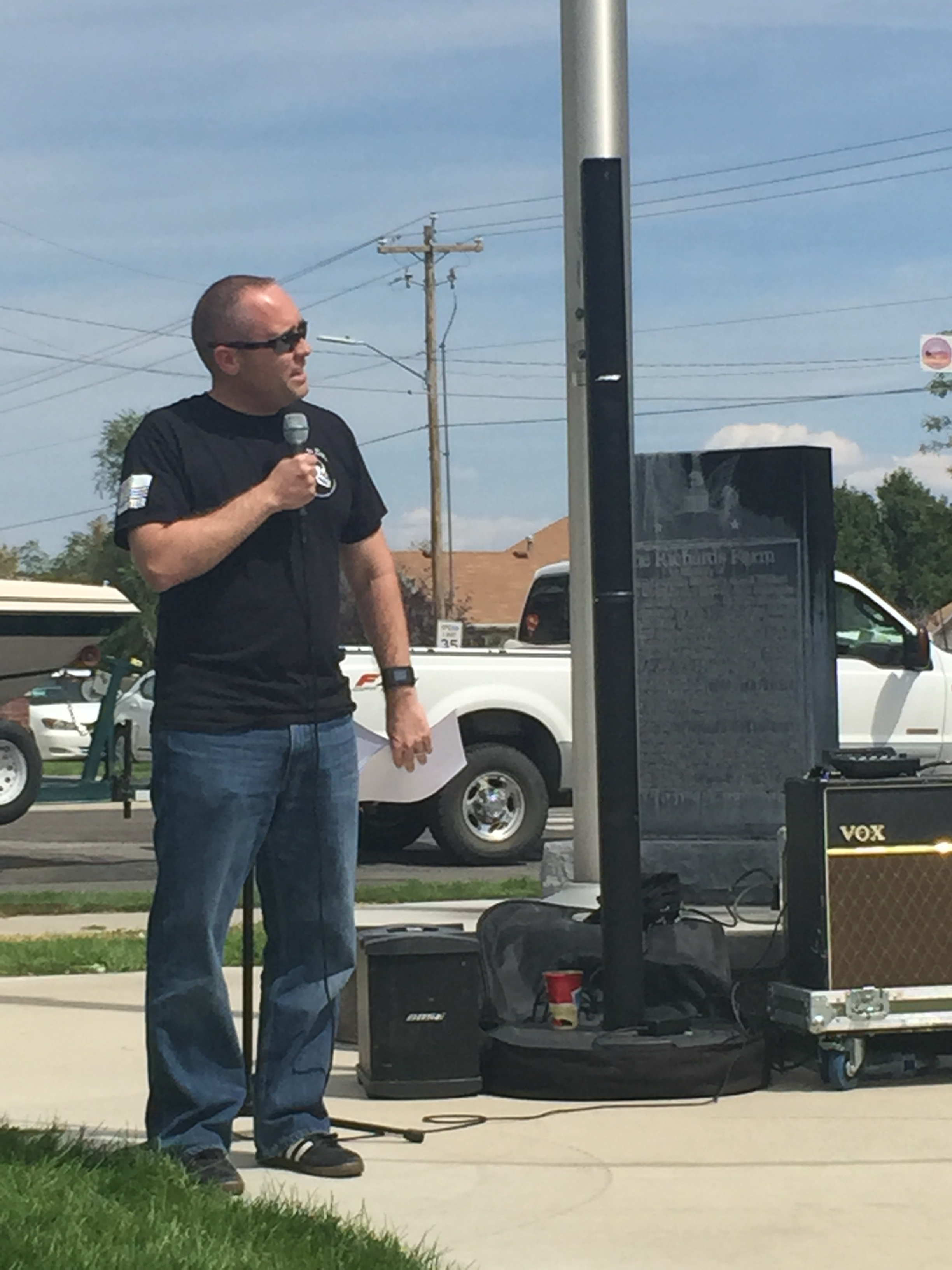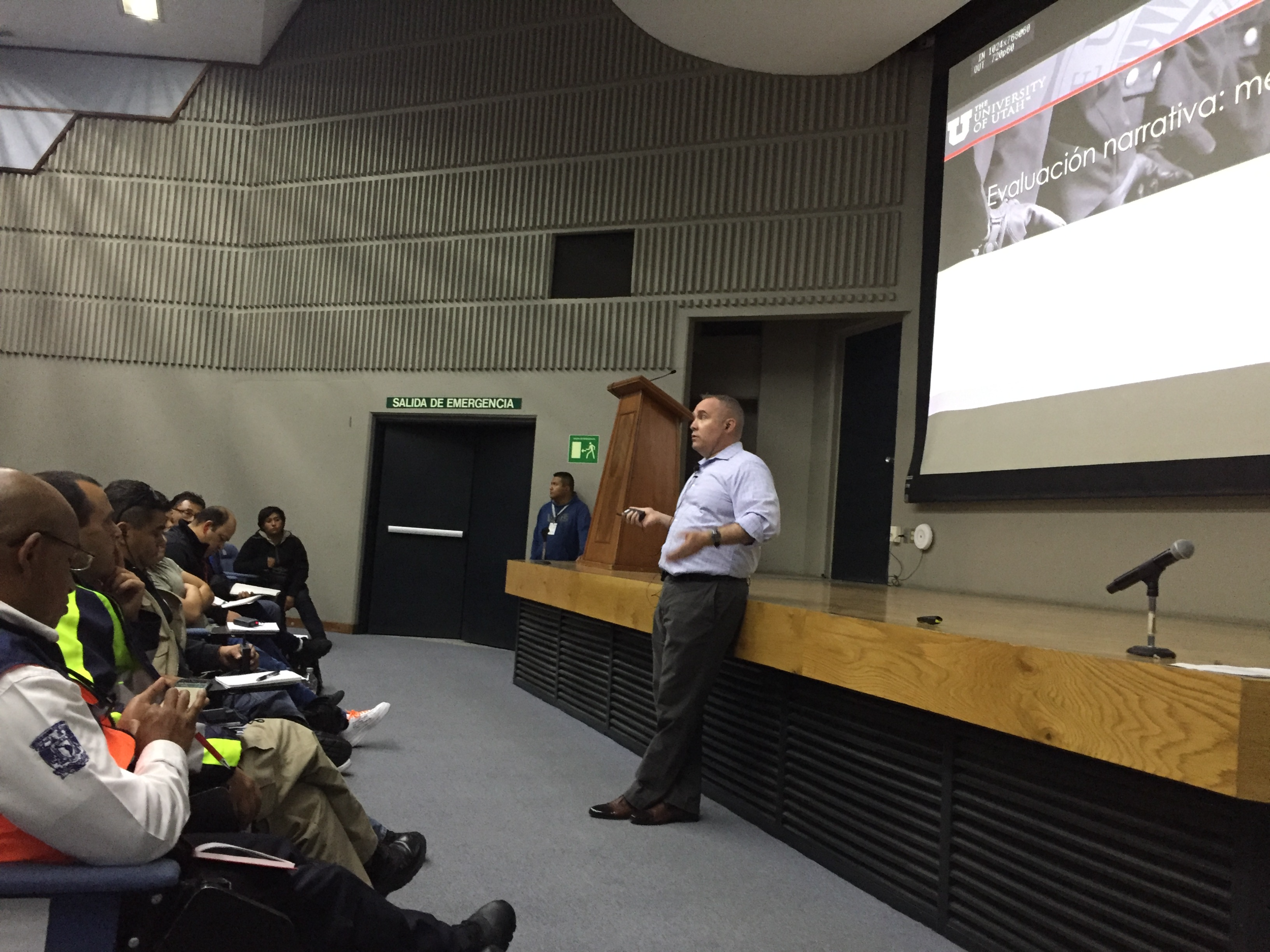Mental health providers — often well-intended and fearful — have made suicide prevention complicated. “Clipboard counseling,” interrogation approaches and highly restrictive interventions have not worked. What if a 5-step, 30-minute intervention made a huge difference? What if we could train peers to help with firearm safety counseling? In this interview I speak with Veteran and psychologist Dr. Craig Bryan about his evidence-based “Crisis Response Planning” intervention:
Personal warning signs: personal indicators of an emerging emotional crisis.
Self-management strategies: simple strategies that can be used to help reduce stress or serve as a distraction.
Reasons for living: things that provide a sense of purpose or meaning in life.
Social support: people who provide support or elevate one's mood during tough times (e.g., friends, family members).
Professional crisis support: contact information for health care providers, crisis hotlines, and emergency services.
Results of a randomized clinical trial indicated that brief cognitive behavioral therapy reduced suicide attempts by 60% as compared to traditional treatment. More recently, a second randomized clinical trial demonstrated that crisis response planning (usually less than 30 minute, stand alone emergency intervention) significantly reduced suicide attempts by 76% among military personnel.
About Craig Bryan, Psy.D., ABPP
Dr. Craig Bryan is the Stress, Trauma And Resilience (STAR) Professor of Psychiatry and Behavioral Health at The Ohio State University College of Medicine.
As a military veteran (he deployed to Iraq in 2009), he has expertise working with military personnel, veterans and first responders. His military service has had a significant impact on his clinical work and research focus, shaping the questions he asks as a scientist and his understanding of the stresses and problems that his patients experience.
Dr. Bryan conducts research to help military veterans, first responders and other adults who are dealing with mental health issues. A recent randomized clinical trial showed that crisis response planning, significantly reduced suicide attempts by 76% among military personnel as a stand-alone emergency intervention.


